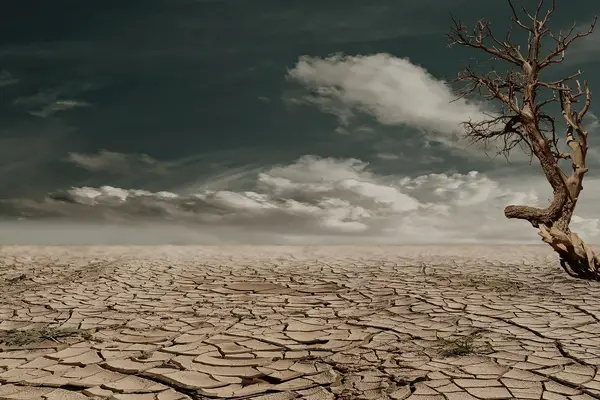
No more scuba dry mouth!!
It’s very likely that most scuba divers have experienced a dry mouth at some point when diving, I know I have. When it’s happened to me underwater, I’ve adopted solution 5 below as this works well.
How to prevent dry mouth while scuba diving:
- Drink plenty of water.
- Avoid drinking excessive alcohol.
- Avoid excessive caffeine drinks.
- Be aware of the diuretic affect of some drugs.
- Swill a small amount of water in your mouth when diving.
- Use a full-face dive mask.
- Change your regulator.
- Eat a banana.
- Avoid the sun.
- Use an Apollo Bio Filter.
You can prevent a dry mouth while scuba diving by simply drinking plenty of water and staying hydrated. But let’s take a more detailed look at the above list of solutions to scuba dry mouth.
The best way to do more diving is to book yourself on a scuba diving liveaboard. You can check the latest and best deals on liveaboards using the following window:
What causes dry mouth during scuba diving?
The cause of a dry mouth when scuba diving is mostly as a result of breathing dry compressed air. Some refer to scuba dry mouth as cottonmouth.
“Certain lifestyle habits, such as drinking a lot of alcohol, smoking or using tobacco products and using drugs such as cocaine, speed or marijuana can lead to cottonmouth.“
What causes cottonmouth – Colgate
The compressed air that divers breath underwater has the water vapour removed when the air is compressed into scuba cylinders. But additionally, scuba divers breath air through their mouth rather than their nose.
The extent of how much moisture is taken out is from an average level of 70% humidity on land versus 0.1% humidity in your dive cylinder air. I think this puts the problem in perspective!
It is the combination of the ‘mouth-breathing’ and the dry air that causes scuba dry mouth.
Conversely, when we breath atmospheric air out of the water it is the presence of this water vapour that helps to moisturise our breath.
But unless you have a blocked nose due to a cold, you’ll breath through your nose in any event. It’s extremely likely that at some stage in your life you’ve woken up in the morning with a cold and a blocked nose to find your mouth is extremely dry.
This is due to the fact you’ve breathed with your mouth open through-out the night.
How to prevent dry mouth while scuba diving
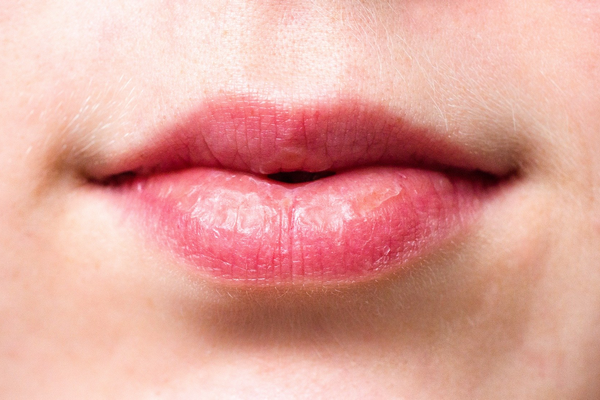
There are a number of ways in which you can prevent scuba dry mouth when diving.
10 tips to prevent scuba dry mouth include the following:
1. Drink plenty of water before you dive
Hydration and diving go hand in hand.
It’s important to keep well hydrated for other safety reasons too when scuba diving. Not least to help prevent against decompression sickness. But in this context, being fully hydrated when scuba diving will help to prevent a dry mouth.
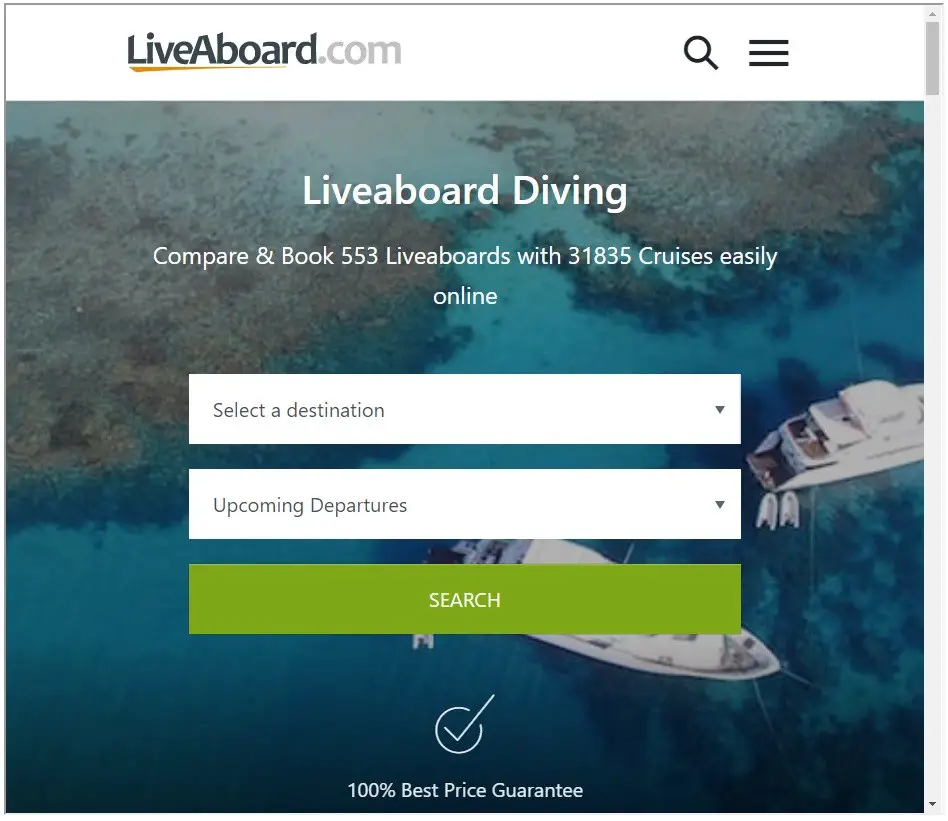
3. Avoid drinking excessive amounts of alcohol before diving
Alcohol can dehydrate you and should be avoided when you’re diving in any event.
If you’re dehydrated, you’re much more likely to get a dry mouth when scuba diving. But then I would argue that excessive alcohol should be avoided in any event as this can have other side effects when you’re diving.
You have to be careful with your alcohol intake with reference to nitrogen narcosis and decompression sickness in any event. But with the added benefit of preventing scuba dry mouth too.
4. Avoid excessive amounts of caffeine in coffee and other similar caffeine-rich drinks
Caffeine is a diuretic and will dehydrate you before a dive.
Drinks like coffee and energy drinks have the most caffeine content and should be avoided if you suffer from scuba dry mouth.
So instead of drinking an energy drink or coffee before and in-between your dives, drink plenty of water instead.
5. Be aware of the diuretic affect of certain drugs when you’re scuba diving
Certain medications are diuretic also. Whilst you may not be able to avoid taking your drugs, you should be aware of their diuretic effect they may have.
Once you know this, you can then plan to drink plenty of water before your dive. But always consult your doctor before scuba diving if you are on any type of medication.
But then also be aware that recreation drugs and tobacco products can also cause a dry mouth. Not to mention the other problems associated with these activities.
6. Swill a small amount of water in your mouth when diving
Not everyone likes the idea of taking in seawater when diving. As you will realise, seawater is salty.
If you go with this solution when you find you’ve got a dry mouth on your dive, don’t swallow the water. You must not drink or swallow too much seawater, as this can make you very sick.
To do swill water in your mouth you first need to remove your regulator or mouthpiece.
Then suck in small amount of water and swish it around in your mouth. Spit the water out and replace your regulator back into your mouth. It will taste a bit salty, but the salt will help your saliva glands to produce more and help with your dry mouth problem.
7. Use a full-face dive mask to avoid scuba dry mouth
Full face dive masks allow you to breath through your nose instead or just through your mouth when you use a normal regulator. Actually with a full-face dive mask you can choose to breath through your your nose and/or your mouth.
This will be similar to breathing on land, except the air will still be dry compressed air. But you are less likely to get a dry mouth scuba diving with a full face mask when you breath through your nose.
I’m sure you’ve found that when you have a cold and a blocked up nose and you mostly breath through your mouth, you mouth dries up. You’ll probably find you’ll wake up in the morning with a horrible dry month when you’ve got a cold because you’ve breathed through your mouth for the whole night.
8. Change your regulator
Some argue that a different regulator will help with dry mouth too. For example, some swear by the Sherwood Maximus regulator to help with scuba dry mouth.
This could be a bit of an expensive solution if you already have a regulator. It’s possible you could sell you old regulator and use the funds to contribute to the new one. But there’s no guarantee this will work of course.
9. Eat a banana before you dive with get your saliva glands working
There’s no real science to this solution, but eating bananas during a dive interval is always good in any event.
Bananas are full of energy and help boost your energy levels for your next dive. So why not eat one. The dive master on the diving I do when I’m diving in Barbados always carries bananas to give to everyone on their dive interval.
But also when you eat your mouth produces extra saliva. This added saliva will help to prevent a dry mouth when you’re diving.
10. Use an Apollo Bio Filter to add moisture to the dry compressed air from your dive cylinder
An Apollo Bio Filter works using a moisture wick, which is made from a high-density foam.
The wick is dampened by user prior to installing the filter. This moisture is added to the air stream as each breath is drawn over the wick.
The air flow over an Apollo Bio Filter can add between 30-70% humidity to the air you breath underwater. You simply need to add either bottled water or distilled water to replenish the wick.
The Apollo Bio Filter can be added to most brands of regulator and is a retro-fit. They are easy to fit and it is screwed into your first stage port, which you then attach your regulator hose to.
Swallowing seawater when scuba diving
In tip five above I mention about swilling a small amount of water in your mouth by taking your regulator or mouthpiece from your mouth.
However, and as already mentioned, if you try this technique make sure not to swallow the water, especially if your diving in the sea, as salt water isn’t good to swallow.
Can you get dry mouth when snorkeling?
Whilst it’s possible to get a dry mouth when snorkelling, it’s not a common as scuba diving. This is because the air you breath when you’re snorkelling is humid air, which on average has around 70% humidity.
But having said that, as with scuba diving, you are breathing through your mouth when you use a snorkel. This can cause a dry mouth in a similar way.
Which means you should follow the some of the same above tips if you suffer from a dry mouth snorkeling. Of course some don’t apply, but many will.
Does compressed air cause a dry throat after scuba diving?
Having a dry throat after scuba diving is normal and nothing to worry about. It’s unlikely to need treatment; just have a cold drink!
The cause is also because you breath through your mouth rather than your nose. Your mouth doesn’t have the same natural humidifying ability as the nose, resulting in the dry throat.
Can scuba diving cause sore throat?
It’s possible that scuba diving could cause a sore throat and maybe it’s as a result of your dry mouth.
The problem may be viral or some other bacterial throat infection, but it’s more likely to have been caused by the dry air in your scuba cylinder. Especially if you didn’t have a sore throat beforehand.
I hope you enjoyed this article about how to prevent dry mouth while scuba diving
I’d love to hear from you. Tell us about your adventures of diving and snorkelling. Please use the comments section below. Please also share your photos. Either from your underwater cameras or videos from your waterproof go-pro’s!
If this article hasn’t answered all of your questions. If you have more questions either about snorkelling or scuba diving (or specifically about how to prevent dry mouth while scuba diving), please comment below with your questions.
There will also be many more articles about scuba and scuba diving safety tips (and on snorkelling too) for you to read and learn about this fabulous sport.
Have fun and be safe!

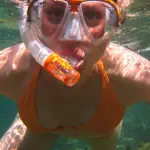
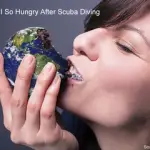

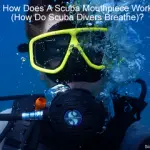
Hi Russell,
Interesting tips, thank you.
Re: your first tip (“1. Drink plenty of water before you dive”) – I’m currently doing the Sports Diver certification with BSAC and we have been warned against drinking a lot of water before diving because it can heighten the risk of Immersion Pulmonary Oedema. I gather you are a very experienced diver. Have you ever come across this condition?
Kind regards,
James Perry
Hi James, thank you for your comment and question. Over-hydration has been implicated in a number of cases of Immersion Pulmonary Oedema (IPO), but if you are not “over-hydrating” yourself by drinking more than is normal you should be okay. I suggest you should not be dehydrated as it’s not nice to have a dry mouth diving and dehydration is a contributing risk for decompression sickness, as dehydration will reduce the volume of blood plasma and perfusion of tissues, which means it thickens the blood and reduces blood flow.
Immersion Pulmonary Oedema is very rare, but if you have underlying conditions such as a weakened heart, hypertension or an underlying cardiovascular disease you will be at more risk, but if you are fit and use “thoughtful hydration” and you don’t overdo it you should be okay, in my opinion.
I’m not a doctor and I don’t know your health condition, so if you have any concerns I suggest you speak with your doctor. Otherwise, make sure you are properly hydrated so you don’t get a dry mouth when diving.
Cheers, Russell